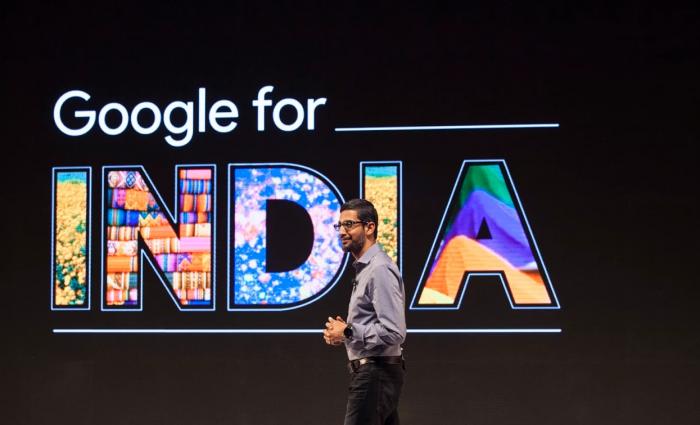India's antitrust regulator has ordered an investigation into the search giant after news publishers complained about search giant Google's "abuse" of its dominance in news aggregation and imposing unfair conditions on the media. The Competition Commission of India (CCI) noted on Friday that Google dominates certain online services and that the agency has tentatively determined that Google has violated local antitrust laws.

2015 Infographic (From GoogleIndia Blog)
Meanwhile, the Competition Commission of India invoked new rules from France and Australia, requiring Google to follow the principle of "fairness/good faith" and negotiate content renewal licenses with news publishers to resolve the imbalance in bargaining power and the unequal conditions imposed by Google.
The CCI writes in a 21-page document:
On the surface of the vertically integrated ecosystem operated by Google, news publishers seem to have no choice but to accept terms and conditions imposed by Google.
And because the search giant acts as a gateway between news publishers and readers, publishers are left with another path — resisting the pressure of lost revenue and rejecting Google's diversion.
Earlier, the Publishers Association, made up of the digital divisions of India's large local media companies, filed a request for an investigation with CCI.
The association says more than half of its members' traffic comes from search engines. However, due to the fact that this part of the online market is firmly controlled by Google, publishers can only be forced to accept a number of unfavorable conditions proposed by Google.
In a wide range of complaints, the association said that the news clips presented by Google limited visitors' clicks on the body of the text, which in turn affected publishers' advertising revenue.
At the same time, Google continues to earn huge ad revenue on its search results pages while enriching its search algorithms with relevant queries.
In addition, it has been asserted that the terms of the advertising sharing agreement between the content provider and Google and its subsidiaries (OP) are unilaterally and arbitrarily determined by the OP – the former has no choice but to accept it as is, without any bargaining power.
As for the controversial AMP subscription system, the association accused Google of forcing it to accept it. Regulators also see this as more detrimental to publishers.
In a well-functioning market, the critical role played by the news media should not be diminished, and there is a need to ensure that tech giants do not abuse their dominance to undermine fair competition and income distribution among stakeholders.
As of press time, Google's plans have not responded to foreign media requests for comment. Of course, this isn't the first time CCI has challenged tech giants. For example, at the end of 2021, the agency targeted Apple's App Store.